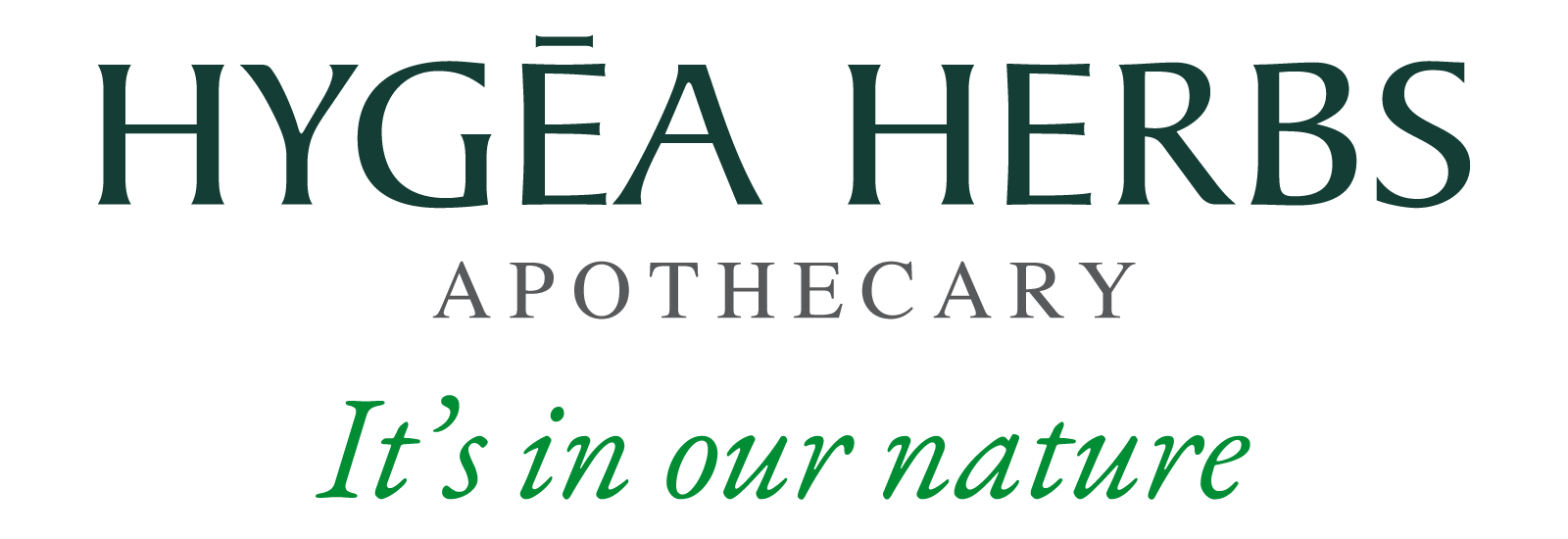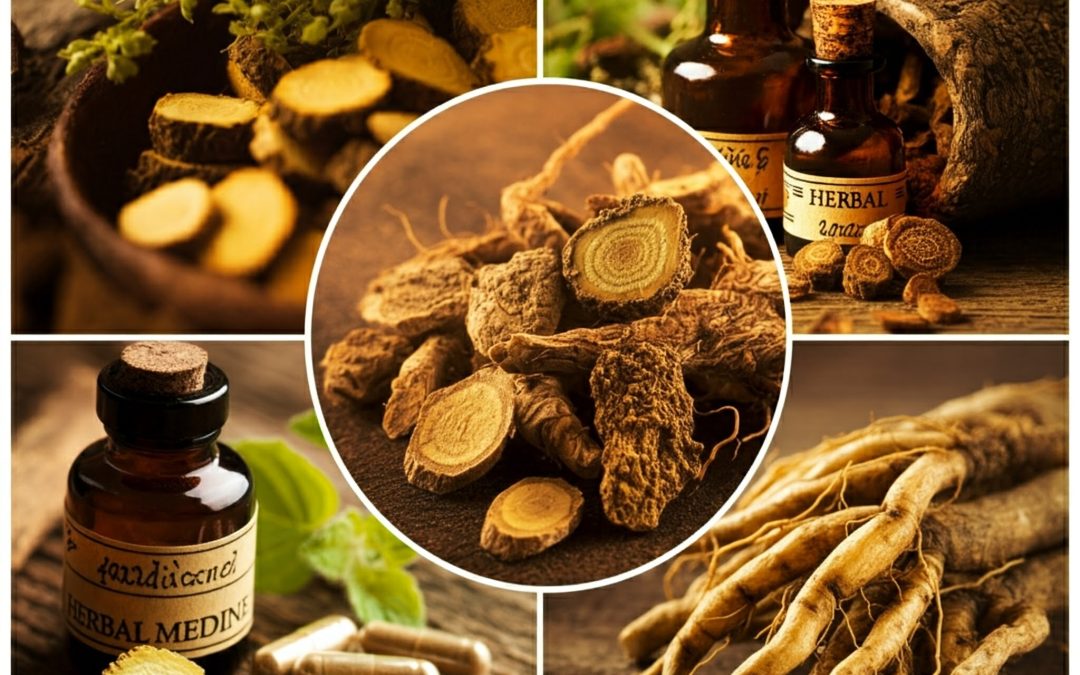We often toss them into our cooking without much thought, a sprinkle of green for flavour. In fact, herbs are so much more than just culinary additions. For centuries, these humble plants have been revered for their medicinal properties, and their power to connect us to the natural world. It’s time we revisit the incredible power and benefits of herbs, and the science that supports them.
More Than Just Flavour: A Powerhouse of Medicine
While these humble, tiny herbs undeniably elevate our meals, their true magic lies in their medicinal goodness. Packed with vitamins, minerals, antioxidants, and other beneficial compounds, herbs offer a natural way to support our health and well-being. Consider a vibrant green sprig of parsley isn’t just a garnish; it’s a powerhouse of health of Vitamin K and Vitamin C.
Long before modern medicine, herbs were the primary source of healing. Ancient civilizations, from the Egyptians to the Greeks, relied on their knowledge of herbs to treat a wide range of illnesses. Over time, generations have passed down their wisdom creating traditional medicine like Ayurveda, Western Herbalism, and Traditional Chinese Medicine. Even today, compounds found in plants are the source of many modern drugs. Modern science is studying and acknowledging the benefits of herbs, alongside the less severe side effects compared to prescription drugs.
A Legacy of Healing: Backed by Science
Herbs may be tiny but their roots and flowers offer healing. As such, science has begun to realize that herbs are a powerhouse of thousands of medicinal parts.
- Inflammation: Chronic inflammation is involved in a host of diseases. Turmeric, with its active compound curcumin, has shown significant anti-inflammatory effects in numerous studies. Ginger, which contains gingerols and shogaols, has shown support in reducing pain and inflammation associated with osteoarthritis.
- Digestive Issues: Herbs like peppermint and chamomile have long been used to soothe indigestion. Peppermint oil has been shown to be effective in relieving symptoms of irritable bowel syndrome (IBS) in some studies. Ginger can aid in digestion and reduce nausea.
- Anxiety and Sleep: Lavender, with its calming aroma, has been studied for its relaxing and sleep-promoting properties. Studies suggest that lavender essential oil can improve sleep quality and reduce anxiety. Equally, Chamomile, with chamazulene and alpha-bisabolol, is another herb traditionally used for its relaxing effects, anti-inflammatory properties and nervous system support.
- Immune Support: Echinacea is a popular herb often used to support the immune system. Some studies suggest it may help shorten the length of colds. Similarly, Elderberry is another herb which has gained attention for its potential antiviral properties.
- Cardiovascular Health: Garlic has been studied for its potential to lower cholesterol and blood pressure suggesting it has beneficial effects on cardiovascular health.
Beauty from Within and Without
Herbs aren’t just for internal health; they also play a significant role in natural beauty. The truth of the matter is if you are healthy within, you will glow externally. Your skin will radiate, your hair will shine and your eyes will glisten brightly.
- Skin Health: Aloe vera, known for its soothing properties, is effective in treating sunburns and other skin issues. Tea tree oil, derived from the Melaleuca alternifolia tree, has antimicrobial properties and is often used to treat acne.
- Hair & Skin Health: Horsetail is exceptionally rich in silica, a mineral crucial for collagen production. Collagen is a key part of connective tissues, including skin. In addition, horsetail contains antioxidants which help reduce wrinkles and improve skin texture. It is also believed to strengthen hair and nails. Some studies suggest it may have beneficial effects on hair growth.
Connecting with Nature
In our increasingly disconnected world, herbs offer a real link to nature and herbal medicine. Growing your own herbs, even in a small windowsill garden, can be a deeply rewarding experience. The simple act of tending to these plants, inhaling their fragrant aromas, or using them for medicinal purposes can foster a sense of connection to the earth and its bounty.
Getting Started with Herbs
Feeling overwhelmed by the vast world of herbs? Don’t be! Start small. Choose a few herbs that you enjoy the flavor of and learn about their properties. Consider growing your own. Even a small pot of basil or mint on your kitchen counter can bring a touch of nature into your home. Dry them in a cool, dark place and prepare herbal teas.
A Few Herbs With Power:
- Turmeric (Curcuma longa): Anti-inflammatory, antioxidant. Use with black pepper for enhanced absorption of curcumin.
- Ginger (Zingiber officinale): Digestive aid, anti-nausea, anti-inflammatory.
- Lavender (Lavandula angustifolia): Relaxant, sleep aid, anxiety relief. Use diluted in carrier oil for topical application.
- Peppermint (Mentha piperita): Digestive aid, IBS relief. Can worsen heartburn in some individuals.
- Chamomile (Matricaria chamomilla): Relaxant, sleep aid. May cause allergic reactions in some individuals. Especially those with ragweed allergies.
The world of herbs is vast and fascinating. By embracing their power, we can nurture our health, connect with nature, and discover a deeper appreciation for the incredible gifts that the earth provides. Next time you reach for that sprig of parsley or that pinch of thyme, remember the power it holds – a tiny powerhouse of wellness waiting to be unleashed. Herbs are natural but potent, therefore remember to approach herbal medicine with respect and informed caution. For this reason, consult with a clinical herbalist and/or healthcare professional before using herbs for medicinal purposes. They can help you determine if an herb is appropriate for you, along with dosage and potential interactions with medications.

